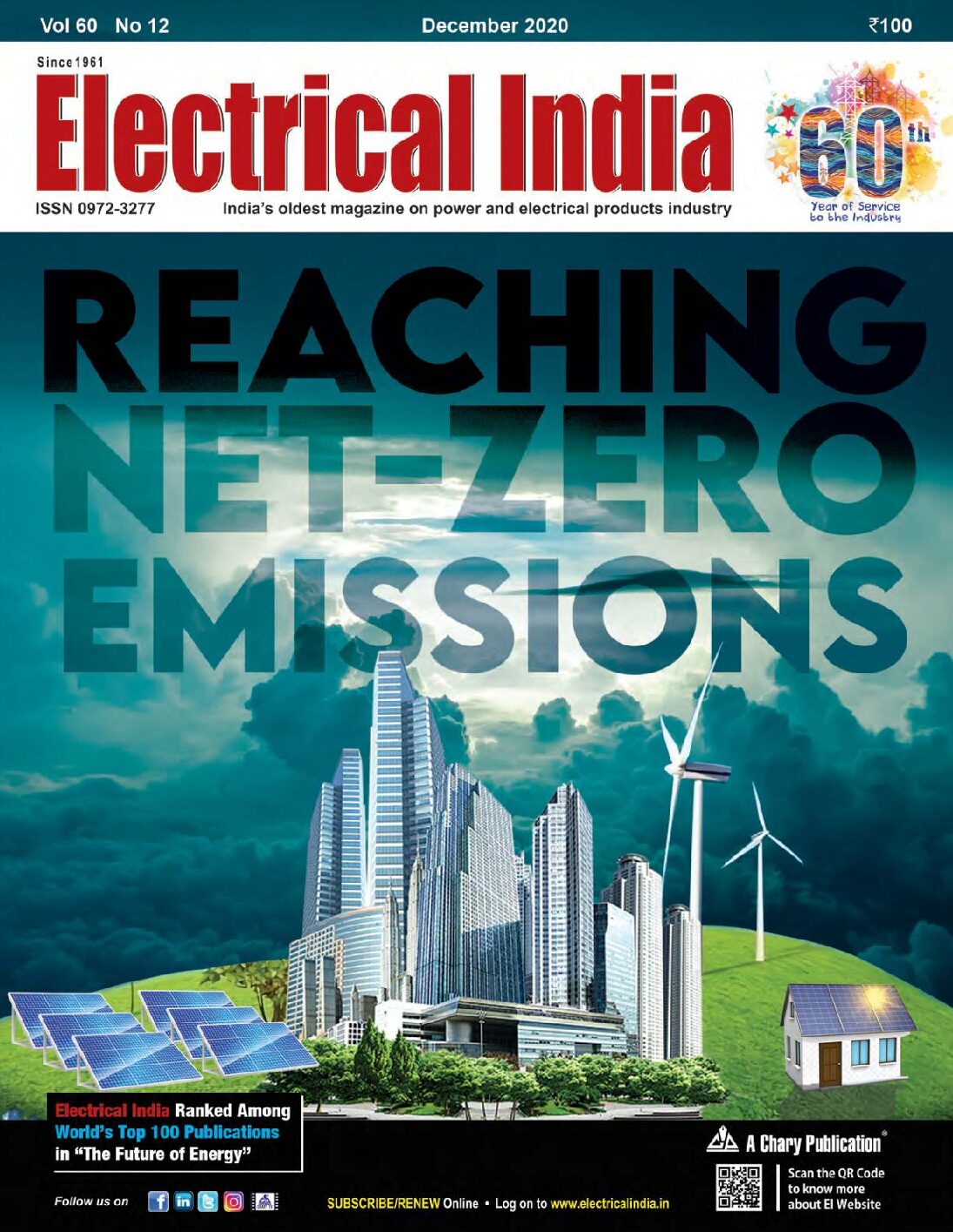
Senior Indian Administrative Service (IAS) officer Sanjiv Nandan Sahai has recently assumed charge as Secretary, Ministry of Power. In an exclusive interview with Subhajit Roy, he reveals his top priorities as power secretary. He also highlights the biggest issues the Indian power sector facing. Excerpts:
Sir, congratulate you on your new appointment. Could you tell us about your top priorities as power secretary?
To ensure that there is efficiency in the sector which is financially sustainable and it continues its momentum.
What are the major challenges for Indian power sector today?
Challenges are many. The foremost concern is the financial sustainability of the sector itself because there is a lot of outstanding payments of generating companies pending with state DISCOMs (distribution companies).
Further, with per-capita energy consumption of one-third of the global average, India’s energy consumption is one of the lowest in the world. We need to ensure that people get access to electricity they need in a financially sustainable manner. And I think innovation is very important in this context.

What’s your take on the renewable energy front?
We are focused on adding green renewable energy into the grid. By 2022, we will bring in 175 gigawatts of renewable energy and another few years after that, there will be 450 gigawatts of renewable energy. That brings its own challenges in terms of ensuring grid stability, management, less load, ramping up, ramping down etc. However, given the various constraints as we see today, thermal will continue to provide baseload power.
The Ujwal DISCOM Assurance Yojana or UDAY was launched in 2015 to provide the much-needed relief to the DISCOMs. Do you think the UDAY scheme has failed to deliver?
No, UDAY has delivered. Every experiment has some pros and you learn lessons from it. Under the UDAY scheme, we have been able to reduce the AT&C (Aggregate Technical & Commercial) losses of DISCOMs. The ACS-ACR (average cost of supply and average rate of return) gap has also come down.
One can’t say it is not achieved. We wanted to bring down AT&C losses to below 15 per cent, but have managed to reduce AT&C and ACSACR gap.
What are your plans in pipeline to improve the viability of DISCOMs?
There is a scheme being worked out to revive the DISCOMs and it is premature for me to speak about it.
What is e-mobility as a service?
E-mobility is a great thing to happen. We have dependence on diesel, petroleum etc. E-mobility, besides making us economically better-off, it is environmentally friendly.
What’s your comment on the new Electricity Act?
We are in the process of writing the new Electricity Act in India. This will be designed to enhance the rights of all the stakeholders. I can tell you with a lot of confidence that the new Act will include a chapter on market, market mechanism and trading of energy.
At the government level, we are looking at the regulation very closely. Regulation that will help innovation. Regulation that does not encourage monopolies because that stagnates innovation.
Finally, what’s your vision for Indian power sector beyond 2020?
More renewable, more renewable and financially sustainability.














